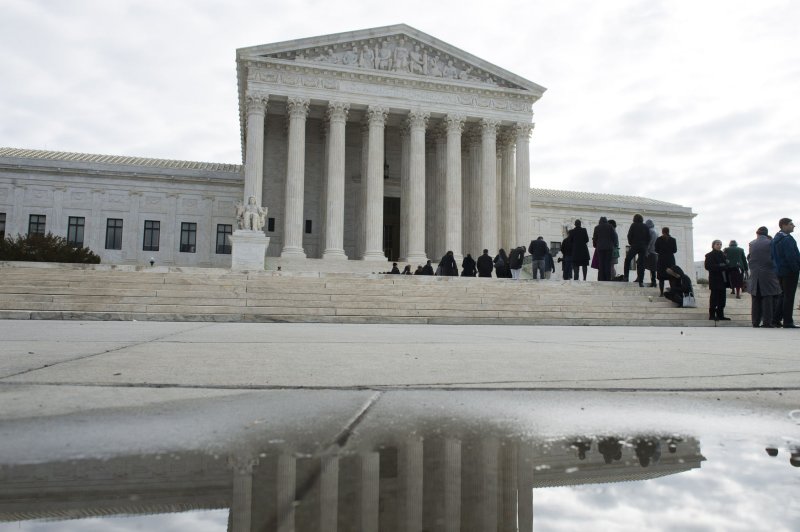WASHINGTON, May 31 (UPI) -- The U.S. Supreme Court ruled against the federal government Tuesday, deciding landowners can go straight to court when regulators find that property is covered by the Clean Water Act.
The justices ruled unanimously that property owners can appeal a decision by the Army Corps of Engineers that a body of water is subject to federal jurisdiction and permit requirements under the Clean Water Act.















